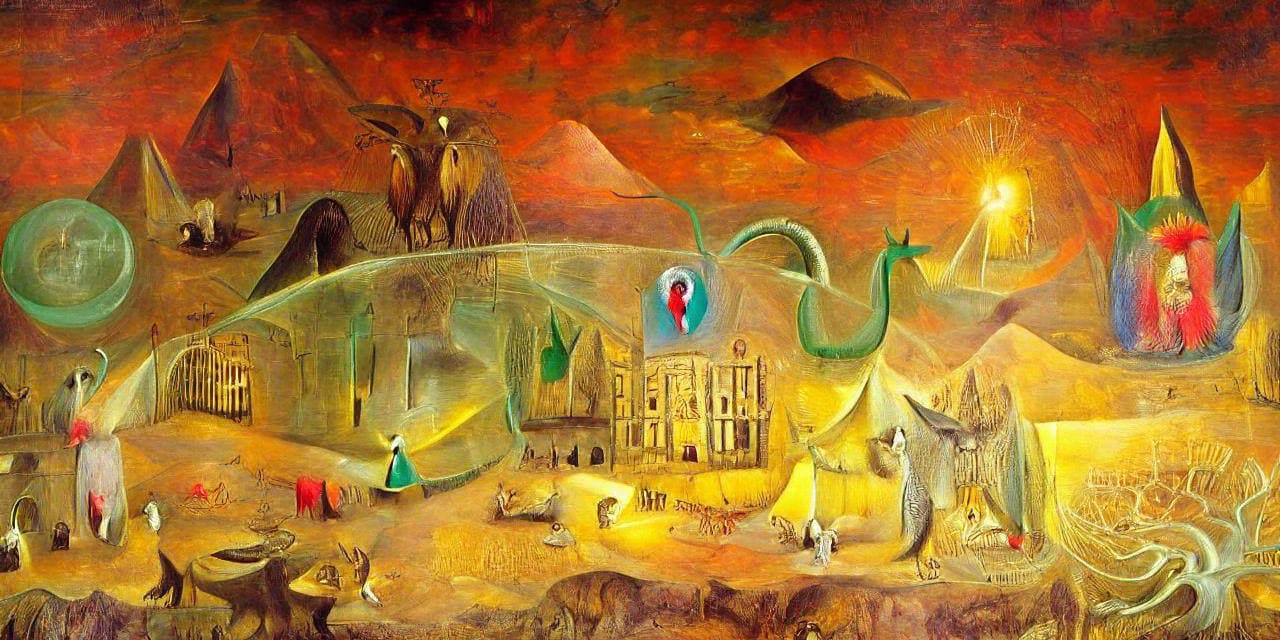In 2021, a DAO could be described as a voluntary association with the operating principles of digital cooperativism. As voluntary associations, they are a cross-jurisdictional way for strangers, friends, or unlikely allies to pseudonymously come together toward common goals, supported by a token model, incentives, and governance.

